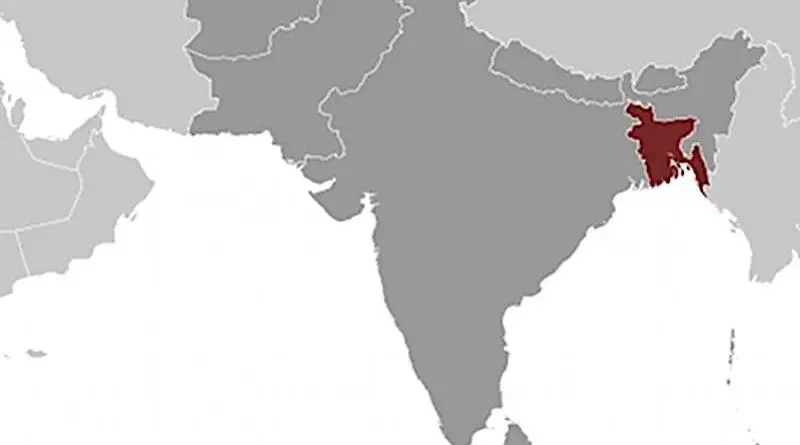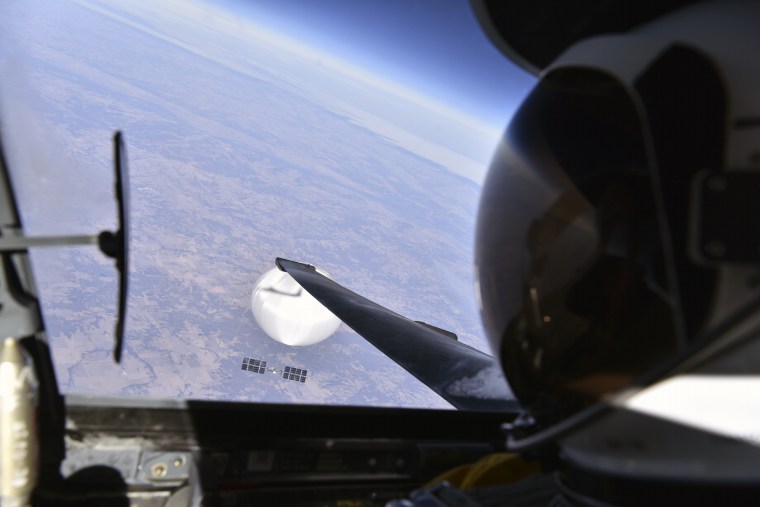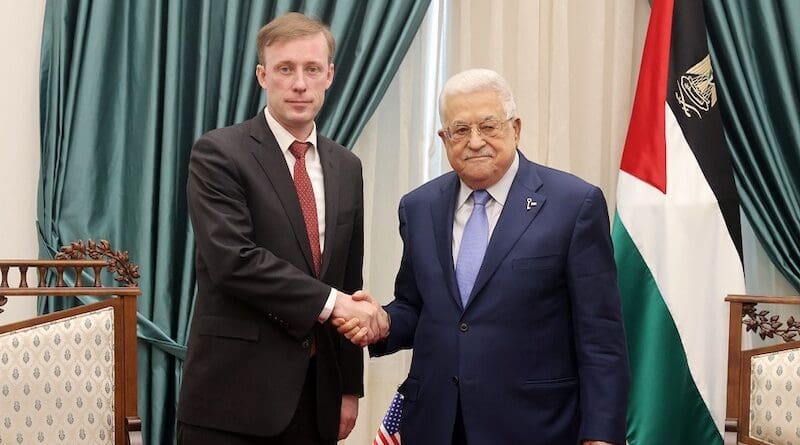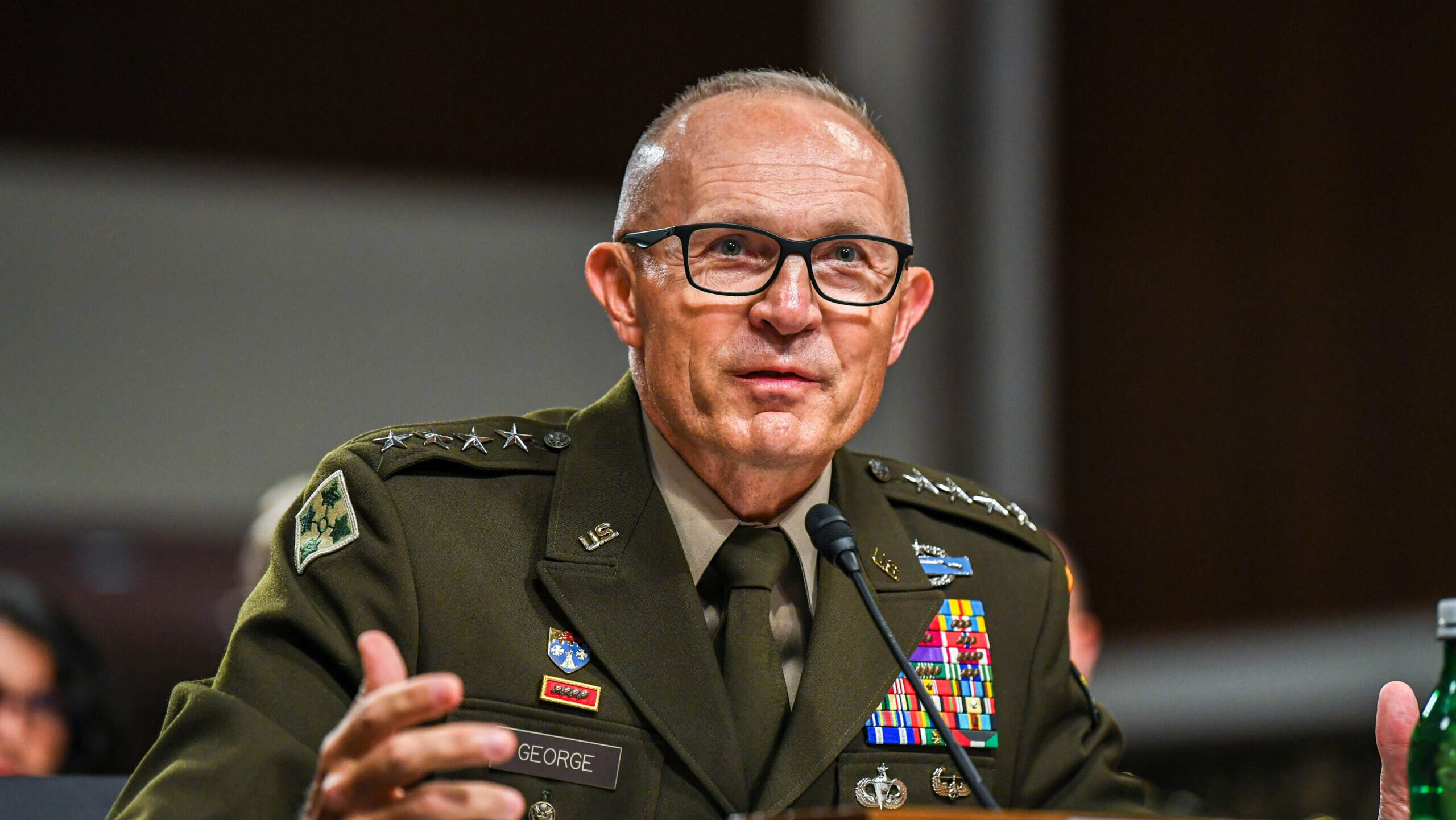Arul Louis
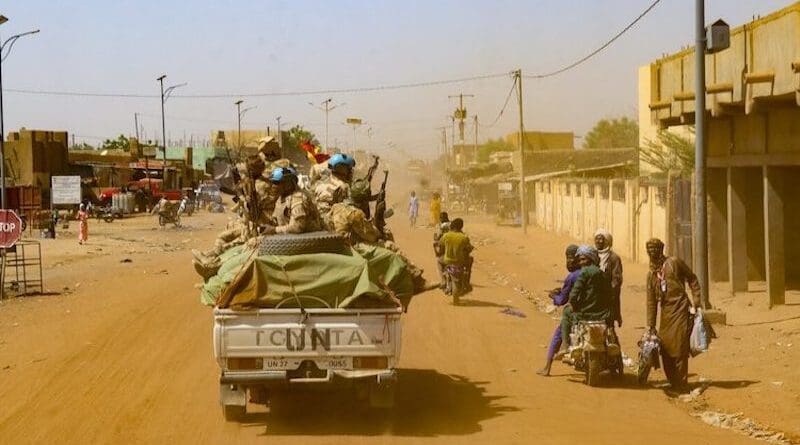
While in the outgoing year, attention was focused on the world organisation’s paralysis in Ukraine and Israel, the UN was forced to retreat from other countries riven by deadly conflicts in a stark display of its limitations.
Unlike Ukraine and Israel, these were countries where the UN had an active presence trying to keep the peace as rival factions and insurgencies created havoc of deaths, human rights violations, and destruction.
These setbacks show the limits to what the UN can do, even when the veto-wielding powers free the Security Council to act.
On December 11, the UN ended its mission in Mali, one of its deadliest that has claimed the lives of 310 peacekeepers, bowing to its military rulers who ordered out its 10,000 personnel.
In November, the Democratic Republic of Congo (DRC) signed an agreement with the UN, which has had peacekeeping operations in that country for about 25 years, to fast-track the withdrawal of about 15,000 peacekeepers earlier than the next December deadline.
While a UN official warned of a risk of genocide in Sudan, the Security Council accepted on December 1 the military government’s demand to end its political mission.
Having already witnessed the killings of thousands, these three countries are at risk of the conflicts continuing in the coming months, veiled by a pall of global apathy and away from TV cameras.
There aren’t any fashionable protesters marching around the world against the killings, mutilations and sexual violence perpetrated on a massive scale there.


